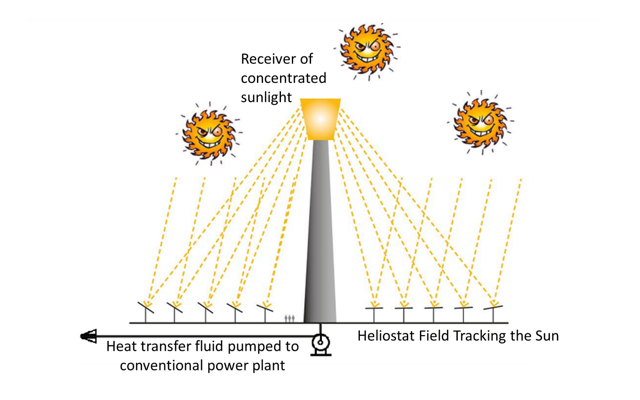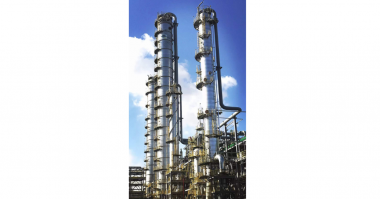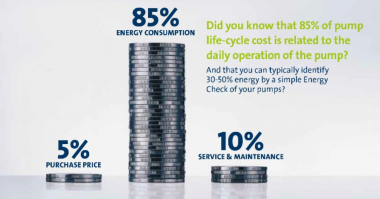Author: Henri Azibert
Energy production has been in the forefront of human activity as it supplements its own power and capabilities. The more, the better, as we never seem to have enough. The search for power is unending, relentless and sometimes unexpected. However, the harnessing of natural resources, at times, reaches an impasse. Or does it?
For those of us that live in the engineering world, change for the better is our purpose. The very concept of an engineer has certainly changed over time. The title/designation originally involved harnessing power generation, referring to the person in the steam locomotive fueling a boiler with coal. Eventually it has been referring to someone with the understanding of how machinery works.
As steam locomotives got replaced by diesel or electric powered locomotives, the notion of an engineer completely changed from the striped cap wearing character to the calculating focused individual. And yet, the primary function of mastering the world’s energy and power has not changed. How to use energy for the purpose, desires, and needs of human kind.
Current power generation relies on many different sources, but certainly the primary one is fossil fuels. By its very nature, fossil fuels tap into resources that were stored over extremely long periods of time. Processing them in an extremely short period of time, a couple of centuries vs. millions of years, can lead to some imbalances. And we are certainly experiencing some of these as climate change is bringing harsh disruptions to our lives.
So, how do we transition out of the comfort zone of carbon burning fuel power generation? Progressively! Nothing changes over time without some transition. The more abrupt the transition, the more disruption occurs.
Power generation is indeed changing, the change being driven not so much by ideology, but by economic incentive. Whatever the method of generating energy is, the overall effort required to produce it will determine its cost and effectiveness. In terms of fossil fuels, we have seen a transition from solid (coal), to liquid (oil), and now to gas (natural gas). All these are based on heating, vaporizing, and condensing water – so the pump and piping systems are comparable, although to different degrees.
Combined cycle gas powered turbine and heat generation certainly uses less heat transfer into water for the amount of power produced. Renewable sources are sometimes viewed as eliminating pumps and piping systems, but that is not necessarily the case.
Even solar power can be pump intensive. Heliostat fields concentrate sunlight on a receiving focus area where a heat transfer fluid is circulated and then pumped to some heat exchanger to drive a conventional steam cycle. There are variations on this process, some where the working fluid is directly water, and others where heat transfer fluid can be stored at high temperature to drive the power cycle even after the sun goes down.
Hydroelectric power generation uses turbine of different designs; they are essentially pumps in reverse. Flow control requires hydraulically driven gates or valves and the necessary seals and pumps to actuate them. There are installations where water is pumped in a higher reservoir during off peak time to store the energy to be used in peak time. Thus, the equipment is cycled from turbine to pump depending on the requirements.
Capturing the power of tides, waves and sea currents is also done transferring the energy from the moving water into mechanical action and electricity. Rotating shafts, bearings and seals can be a challenge in the corrosive and abrasive sea water environment, but it essentially borrows designs and hardware from conventional pumping equipment.
Let us not forget nuclear power. There are many variations of the current technology being investigated. A primary focus is to increase safety, but using smaller less capital intensive facilities are also in the design stage. However, the possibility of limitless clean power from fusion could be a lot closer to reality than anticipated. Complex pumps, piping systems and rotating machinery will be required.
Other sources, however, do eliminate water transfer or the steam cycle entirely. Photovoltaic solar power generation goes from light to electricity without the intermediary of steam. Wind power directly drives a generator. But we must remember that the manufacturing of windmills or solar panels do require the use of pumps and piping systems in their production.
Change is not always good, but adaptation to change is. All we need is to imagine the opportunities for highly engineered machinery.
Share your thoughts about alternative power sources and renewable energy in the Industry Forum.





Comments